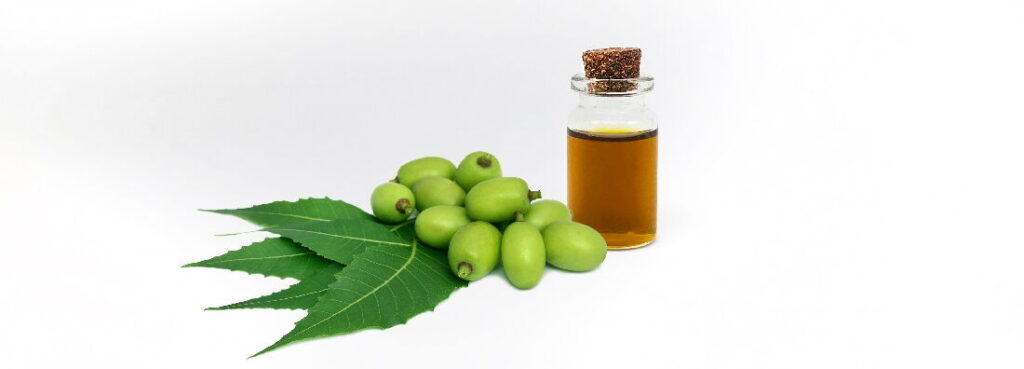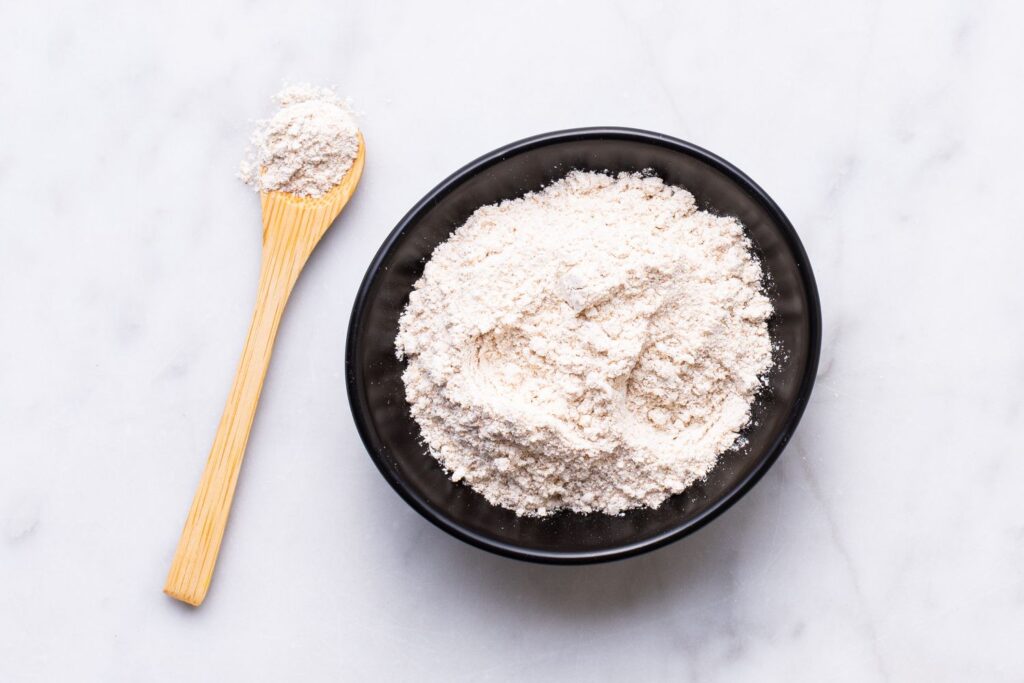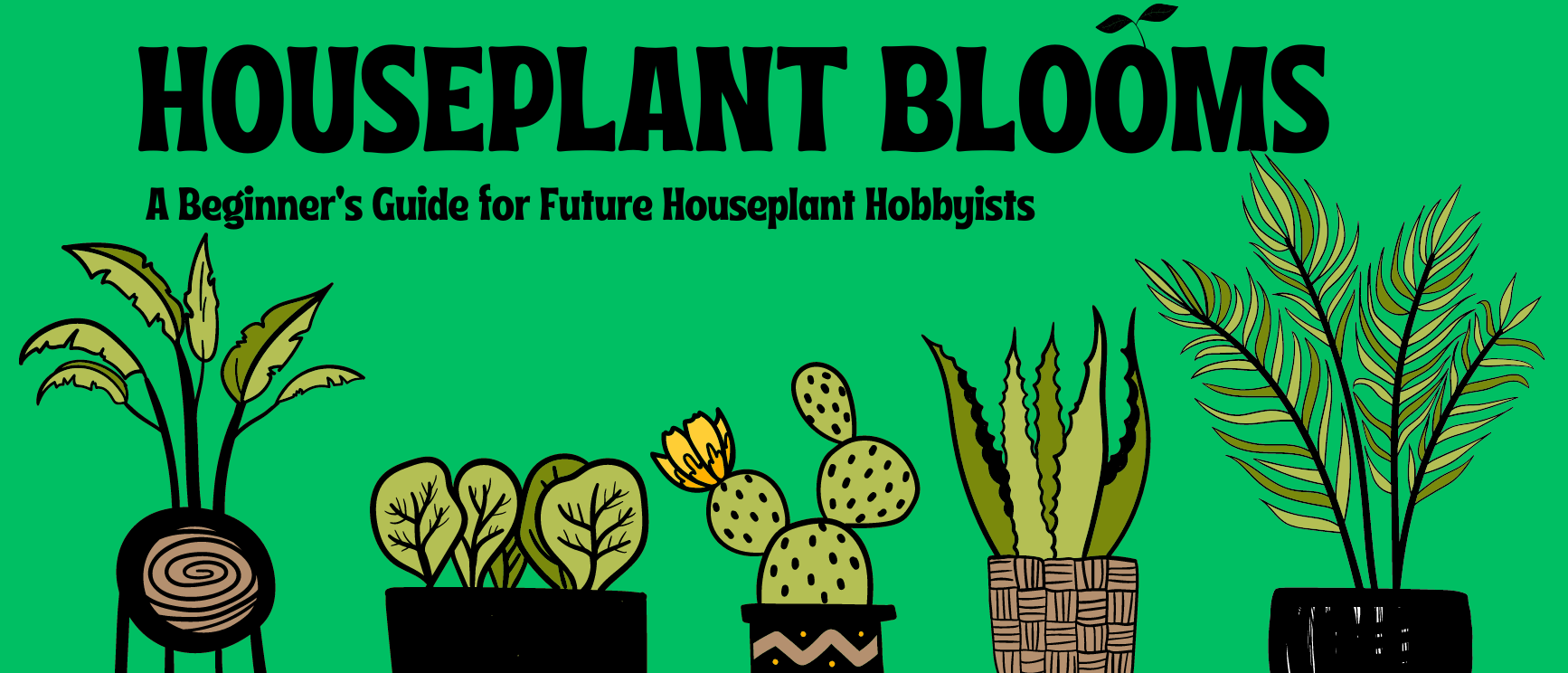Houseplants bring life and beauty to our indoor spaces, but they can also attract unwanted visitors in the form of pests. Dealing with pests can be frustrating, but there are natural pest control remedies to keep your indoor garden thriving and pest-free.
Before diving into pest control methods, it’s essential to identify the pests that may be affecting your houseplants. Some common indoor plant pests include aphids, spider mites, mealybugs, fungus gnats, and scale insects. Each pest may leave behind telltale signs such as yellowing leaves, sticky residue, webs, or tiny insects visible on plants.
Neem Oil
Neem oil is a versatile and effective natural insecticide and fungicide. Specifically, neem oil is a natural vegetable oil extracted from the fruits and seeds of the neem tree native to the Indian subcontinent. It works by disrupting the pests’ hormonal balance and is used to treat a wide range of pests, including aphids, mites, and scale insects. Dilute neem oil according to the instructions and apply it to affected plants with a spray bottle.

Insecticidal Soap
Homemade or store-bought insecticidal soap is gentle on plants but effective against soft-bodied pests like aphids, mealybugs, and spider mites. Mix a solution of mild liquid soap (such as castile soap) and water, then spray it directly on affected plant parts. When mixed correctly, this soap is a powerful tool in your arsenal of natural pest control remedies.
Diatomaceous Earth

Diatomaceous earth is a naturally occurring, sedimentary rock powder that is composed of fossilized remains of diatoms, which are microscopic algae-like organisms. It works by dehydrating and disrupting the exoskeletons of pests like ants, aphids, and beetles. Sprinkle a thin layer of diatomaceous earth around the base of affected plants or on the soil surface.
Essential Oils
Certain essential oils have insecticidal properties and are used to repel or control pests on houseplants. Examples include peppermint oil, rosemary oil, lavender oil, eucalyptus oil, and citronella oil. Dilute a few drops of essential oil in water and spray it on affected plant parts. Essential oils help deter pests like ants, aphids, spider mites, and mealybugs. However, be cautious with essential oils as they can be strong, and some plants may be sensitive to them.
